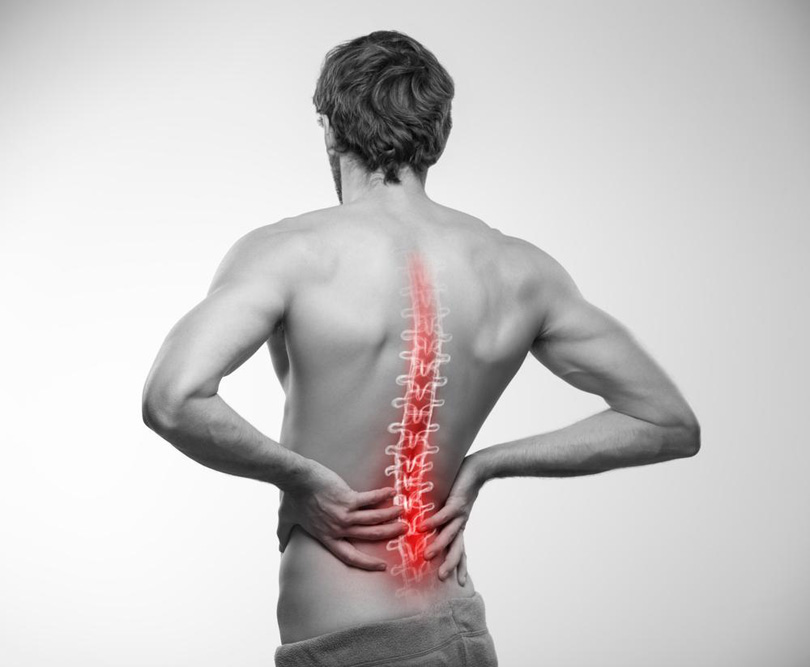Back pain vs. kidney pain
Kidneys are located just above the pelvic arch on either side of your lower back. Lower back pain occurs usually near the area around the kidneys. However, in some instances, it may spread to the region in front of the groin and the hip.
This is the reason why kidney pain and back pain are often confused with each other. However, kidney pain has several distinct characteristics that differentiate it from back pain.

– Lower back pain on one or both sides, usually above the pelvic arch, although it may radiate to the groin.
– Nausea, vomiting, or a general feeling of uneasiness.
– Fever and high temperature.
– Frequent urination, where the urine may appear cloudy. In some cases, there may be blood in the urine.
Usually, there is no external swelling or inflammation except in the case of a large kidney tumor. The area is not tender to touch, except sometimes near the kidney.
Back pain, on the other hand, is experienced as a dull, aching pain.
– The pain is localized and may occur suddenly.
– Changing your position or moving around may improve or worsen the pain.
– It is generally not accompanied by fever or a generalized illness.
– It is indicated by an inflammation of strained muscles, which are tender to touch.
Severe lower back pain problems such as cauda equina can affect your bladder and bowels.
Causes of kidney pain:
– The most common cause of kidney pain is an infection in the kidney, which causes an inflammation of the lining around the kidneys.
– Kidney stones are another major cause of kidney pain. The stones cannot pass through the narrow passage of the ureter and get lodged at its mouth, thereby blocking the flow of urine.
– Dull aching pain in the kidney can also be caused due to polycystic kidney disease or gradual blockage in the flow of urine.
Causes of back pain:
– Back pain can be caused due to inflammation or injury.
– It can be triggered by severe stress.
– In some instances, back pain may be indicative of a serious medical condition including bone fracture, spinal fracture, multiple myeloma, and osteoporosis.
– A majority of women experience lower back pain during their pregnancy.
Call to action:
Usually, mild back pain does not require immediate medical attention. However, if you have a persistent pain, it is always advisable to consult your doctor.
Whether it is lower back pain, kidney pain, or pain near the groin, it should not be ignored under any circumstances, if it persists for over a week. If you are confused about the symptoms or nature of your pain and suspect that it may be kidney back pain, you should get in touch with a doctor immediately. It may be possible to resolve an infection, if you seek timely medication. In addition, if kidney stones are detected at an early stage, they can easily be removed from the body without any invasive treatment.